When your loved one has been rushed into hospital more than a dozen times in one year, you’ll soon learn that you need to prepare by having a dementia hospital emergency go bag ready!
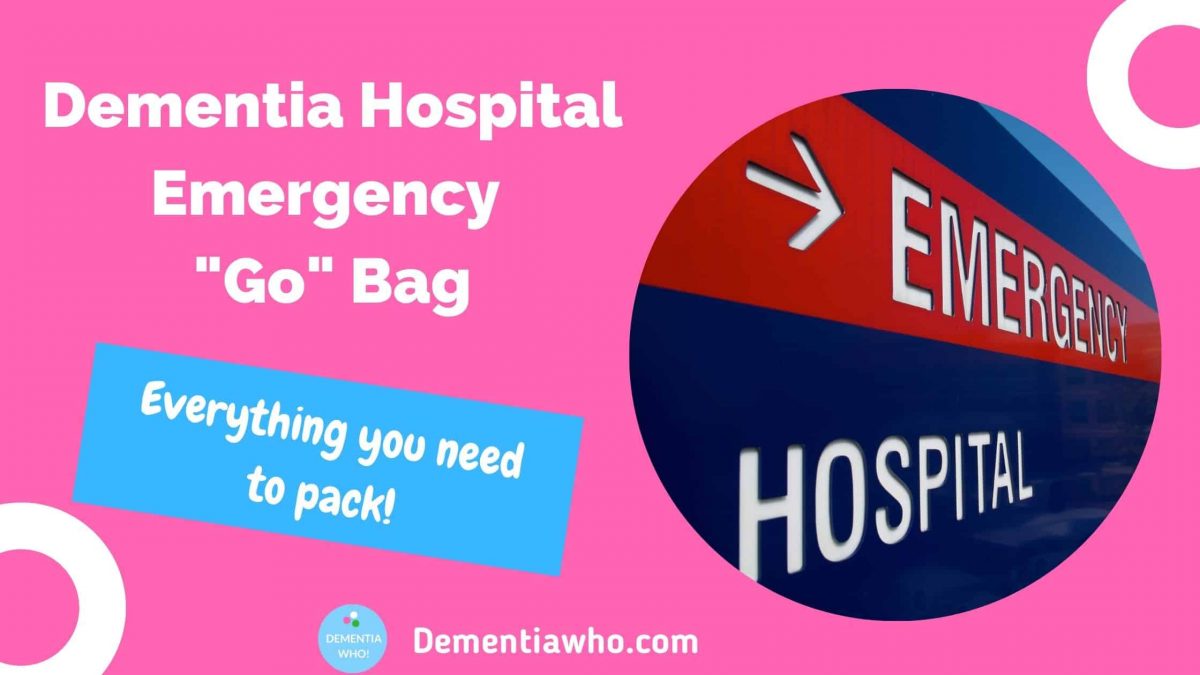
So what do you need to pack?
First, you’ll need a suitable bag, I would suggest a backpack given the number of items, and it allows you to keep your hands free when caring for your loved one with dementia.
Paperwork
You’ll never have time to get all your paperwork together in time for an emergency. So be prepared by having a file ready that you can keep updated. It will save you time, provide helpful information to hospital staff, and allow you to assert or advocate for your loved one with dementia with authority.
Paperwork can include:-
- Medication List + list of allergies /details of any harmful interactions of meds
- Health Alert information – diabetic, asthmatic, on anticoagulants (blood thinners) etc. I staple this to the med list!
- Lasting Power of Attorney
- Advanced Directive
- This is me– a document describing your likes, dislikes, history, family etc and helps health and social care professionals better understand who the person really is
- Or a Mycarematters Profiles which describes your “non-medical information so that if you need care in hospital, care home or at home, staff are aware of your needs and preferences” (Profile can be printed or shared online with health professionals and family members)
- Insurance /Medical card
- Family contact list
You’ll want to have multiple copies of the medication list. Hospital administration may repeatedly ask about medication.
Another tip is to keep an updated copy of the list on your smartphone so that you can add any last-minute changes.

Click here to download a Dementia Hospital Go Bag Checklist pdf
Personal Care
It’s worth packing a few items to help you freshen up whilst waiting. There have been times when we’ve had to stay overnight in hospital as they ran tests and waited for a consultant to visit.
- Incontinence pants / disposable bed mat
- Toiletries – toothbrush/paste, hairbrush, makeup, moisturiser etc
- Warm blanket, jumper/cardigan. I also pack pyjamas, as I can’t stand hospital gowns!
- Disposable bag for dirty items
- Lip Balm – don’t forget this. It will be needed if your loved one with dementia is losing fluids.
- Body /Facial Wipes
Activity aids
The hardest part for anyone with dementia is usually sitting still or staying in the same room, especially if it’s not familiar to them. Mum constantly wanted to go when we were in A&E, especially as it was noisy. It’s a good idea to have something that helps with engagement.
- Smartphone – for photos, video calls, listening to music, watching favourite TV shows.
- I keep an old phone that we no longer use in the bag loaded with family photos, mum’s fave music or religious prayers, just remember to charge it then switch it off every few months if you do that
- Magazines /Books to flick through or read
- Worry beads or fidget toys, tissues, squeezy balls – whatever is your loved one’s favourite fidget object
- Headphones – noise cancelling, wireless if possible.
- unfortunately, hospitals can be scary, noisy places for someone with dementia, people in agony in pain shouting/screaming so it’s best to mitigate that with some form of noise reducing mechanism if your loved one can tolerate headphones, or even earplugs then pack them.
- You could include a headphone splitter if your headphones are wired so you can both listen to the same thing and talk/laugh about it. If you’ve prepared the device in advance it’ll be ready with downloaded podcasts/music/shows.
- Notebook and Pen/Pencils – can be used by the caregiver for taking any notes from medical discussions or by your loved one to draw/write
Food
A&E waiting rooms are horrible places. You can get stuck in them for hours. So you’ll need some sustenance to keep you going. Always check with the triage nurse if it’s ok to give anything to eat or drink to a loved one before you do.
- 500ml bottle of water (you can usually refill them once at the hospital)
- Energy /Protein Bars – I have several of these packed until we can access a proper meal they help maintain energy levels.
- Sweeteners/sugar substitute
- Juice box / Chocolate bar in case you need something sweet for energy
- Pastilles /Sweets that you can suck on to prevent dry mouth
- Piece of fruit – tangerine, banana part of the last minute checklist
Disability Aids
You might need to bring with you some disability aids that make life easier for your loved one at home.
- Disability Mug – with a straw, two-handed mug or anti-tip mug etc
- Most hospitals serve tea/coffee in those easily squashed plastic cups or a heavy teacup, with a tiny grip.
- These are very hard if someone has visual or perception problems or could just be too difficult to handle.
- Items below will probably be worn or used daily so these would be part of your last minute checklist to ensure they are packed.
- Glasses & case
- Hearing Aid
- Dentures (be careful if taking these as are easily lost, or misplaced in hospitals as they move or assess your loved one and can be expensive or impossible to replace.
Medication
There will come a time if you’re still in the hospital to take your prescribed medication. Before taking any medication, always check with your medical team.
They may decide it’s ok to take medication you need at a specific time, e.g. painkillers, diabetic meds etc. But if it’s anything like our experience, then what happens is the doctor agrees and adds them to the chart, requests a nurse to get the meds. They have to contact the pharmacy to issue the meds, and then eventually, it gets back to you.
This process can sometimes take a long time, hours in our case as we were on a busy ward. If you’ve packed your meds, you can shorten that time and give the meds directly.
I bring a daily dosette box. Would you please make sure that it is accurately reflected in your chart by your care nurse once given?
Caregiver last minute checklist
There are always a few items that Caregivers can’t pack before, so you’ll need to have a checklist or a note pinned to your bag to remind you to pack them.
- Keys
- Phone
- Charger
- Money /wallet
- Contact list
- Water
- Snacks
- Anything your loved one is using daily – glasses, hearing aids etc
- Dosette box /Daily meds
Covid
We are currently in a different situation with the COVID pandemic. You may not be allowed to accompany your loved one. You will need to advocate and challenge them for your loved one. It’s a fundamental human right to be cared for, especially if your loved one is in the moderate to later stage of dementia. You wouldn’t send a child alone into the hospital because of the impact of separation, fear, confusion etc., the same applies to someone with dementia. What can you do to prepare?
- Make sure you’re fully vaccinated according to the latest regulations
- Pack antibacterial wipes and gel
- Face Masks and Face shields
- You’re likely to be taken to your local hospital or the largest A&E in your area. Now is the time to research what their policy is for dementia care.
- Are they dementia friendly?
- Do they allow caregivers to stay on the ward 24/7?
- Do they have a Dementia Coordinator – if so get their number/email?
- Check if they are part of John’s Campaign – “John’s Campaign has a single, simple message: no one should enforce disconnection between family carers and those who need their expert knowledge and their love” whilst in hospital.
- You can check if your hospital is part of this campaign by clicking on their participant page, and entering/searching your hospital name. If it’s there take a print out of that page to back you up in any argument
- Keep fighting until they allow access, we know the risk of COVID is acute, but so is the risk to our loved ones entering the hospital without family support. We are essential caregivers!
And finally, you will need your “own emergency contact”, someone who will be there for you. They can be there to support you and your loved one with dementia as you talk to the doctors, they can be your transport home, they can be that person who goes back to your house to pick up things that you need like a walking stick, wheelchair, another change of clothes etc.
Let me give you an example of what happened to us one night. We were taken to A&E by stretcher. We waited in the ambulance for 3 hours before getting into the emergency room. It was the early hours of the morning when the doctors finished all their investigations, and no hospital transport was available to discharge us. We wouldn’t stay there overnight, especially as she didn’t need to be there, so I called my emergency contact. He brought mum’s wheelchair up to the hospital, and we got a disabled access taxi home. That wouldn’t have been possible without her wheelchair or my emergency contact. So make sure you also have your own hero!
That’s it. Let me know if you have any other tips or items you’d add to your dementia emergency hospital go bag!


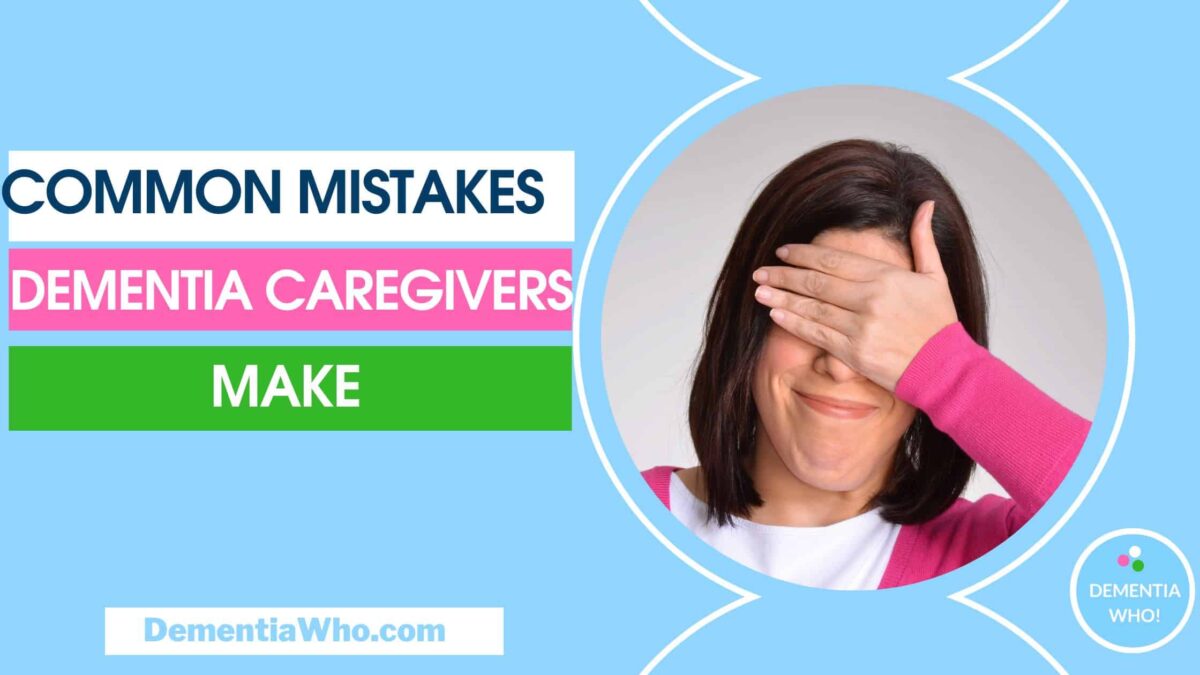

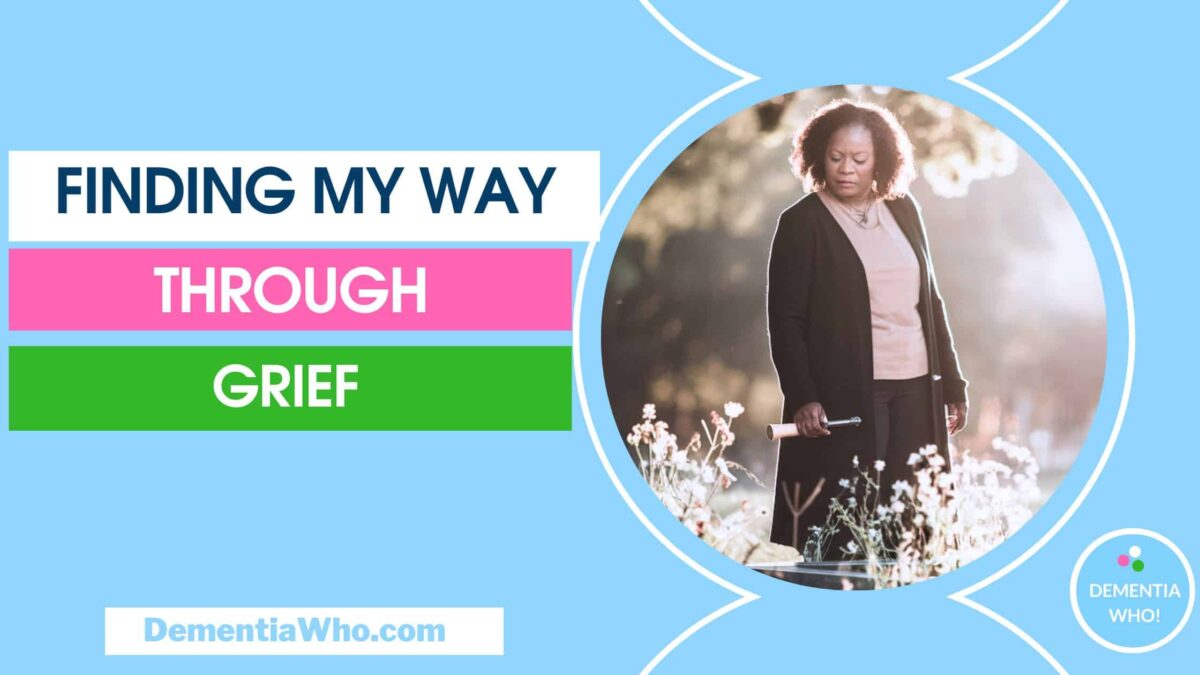

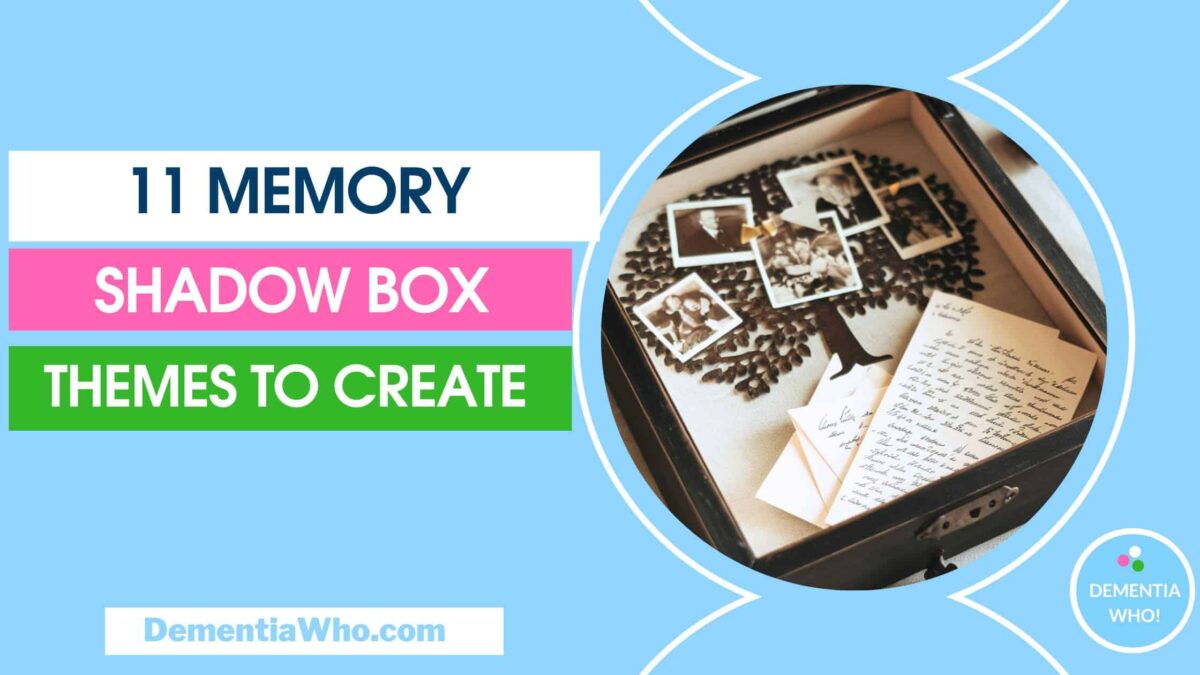
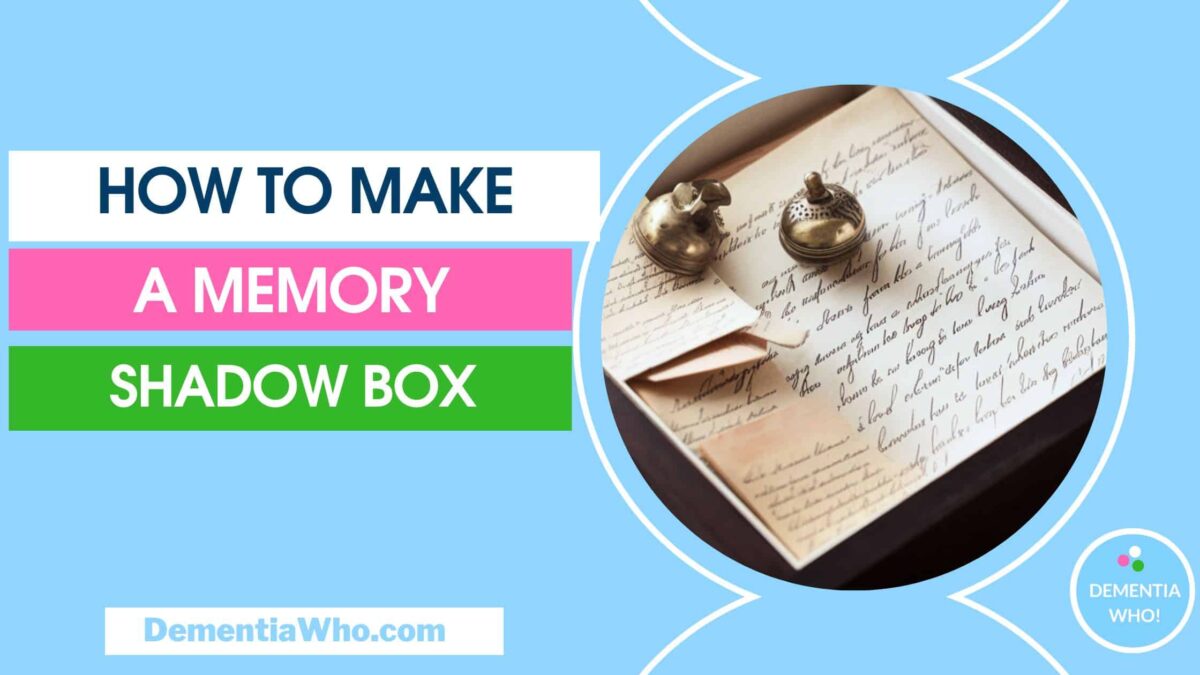
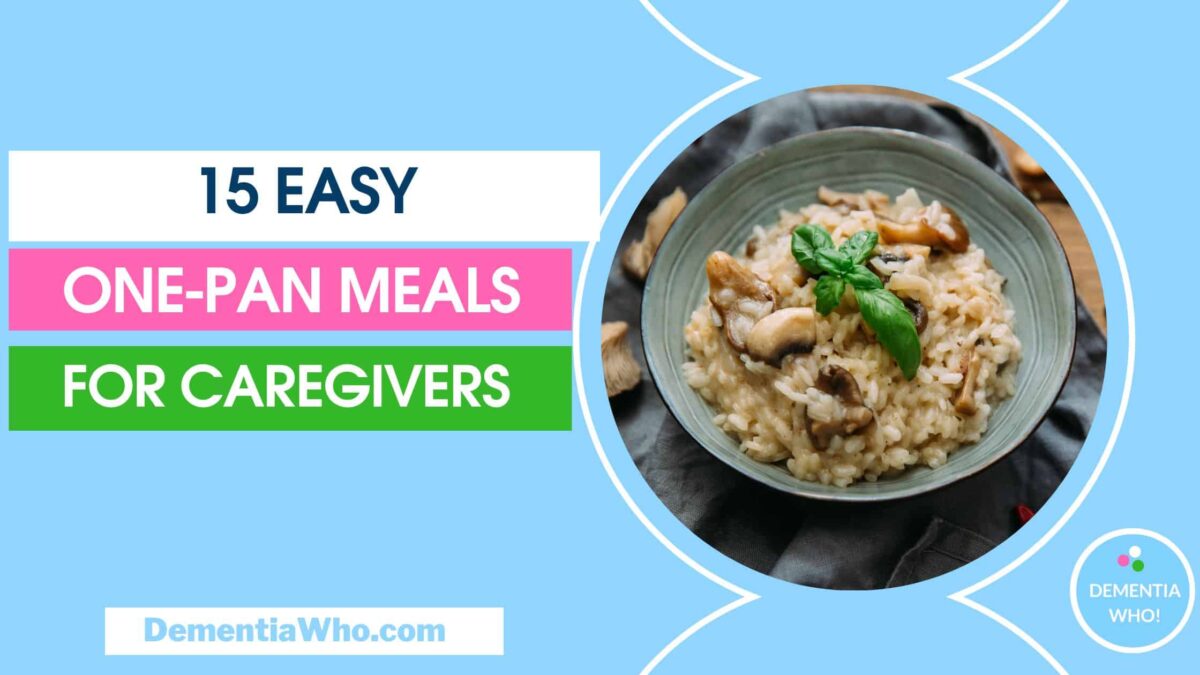
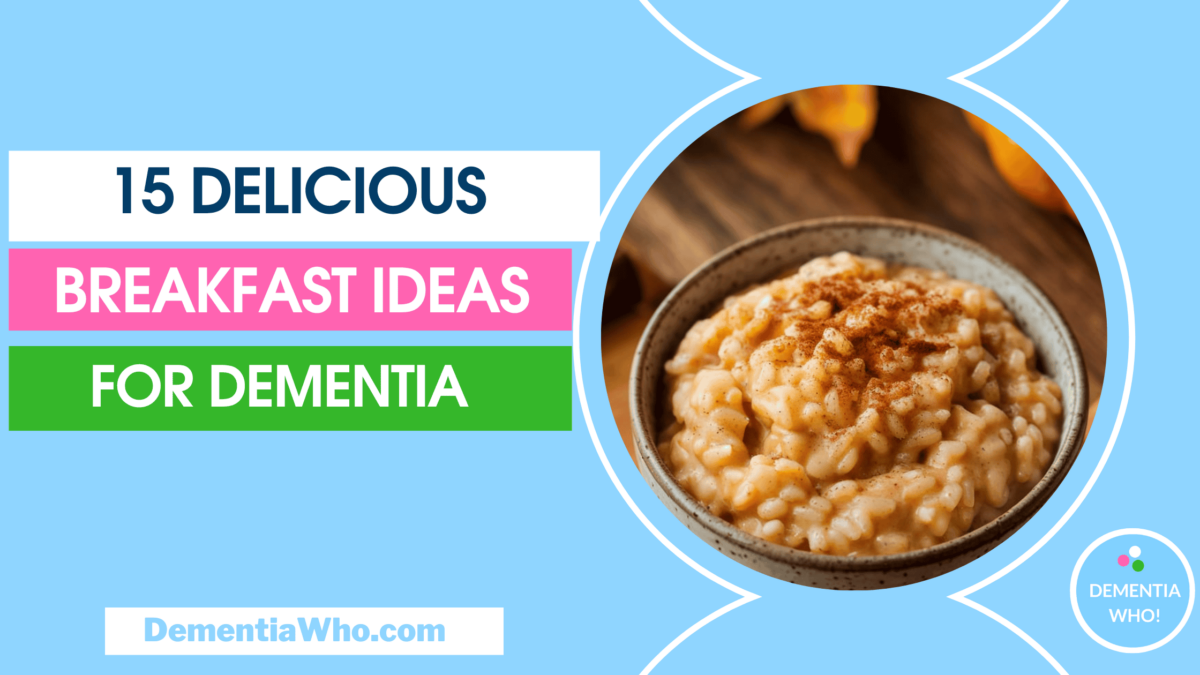



Fabulous blog, really useful advice x
Thank you so much, I’m glad you found the advice helpful.